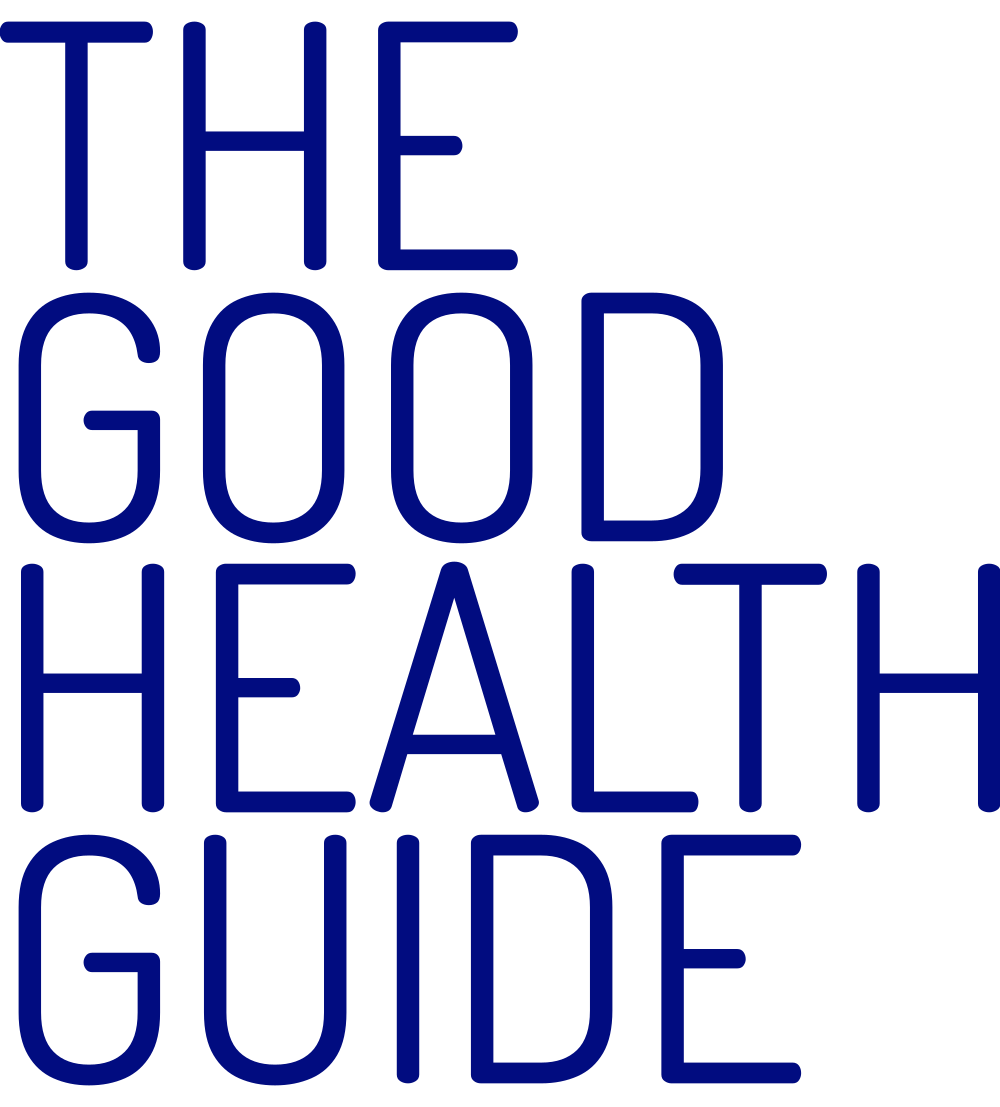25 Tips for a Healthier Lifestyle: Effective Strategies for Optimal Well-being
Embarking on a journey toward a healthier lifestyle is a commendable and rewarding endeavor. By incorporating small, manageable changes into your daily routine, you can significantly improve your overall health and well-being. In this comprehensive guide, we will explore practical tips for a healthier lifestyle, focusing on various aspects such as nutrition, exercise, mental health, and sleep. Whether you are just starting out or looking to refine your current habits, these tips will help you achieve and maintain a healthier, happier life.
Introduction
In today’s fast-paced world, maintaining a healthy lifestyle can be challenging. However, with the right guidance and motivation, it is entirely achievable. This article will provide you with actionable tips and insights to help you make informed decisions about your health. From balanced nutrition to effective exercise routines, mental health practices, and sleep hygiene, we will cover all the essential elements of a healthy lifestyle. Let’s begin this journey towards better health together.
Understanding Health and Wellness
What Does a Healthy Lifestyle Mean?
A healthy lifestyle encompasses a variety of practices and habits that contribute to overall well-being. It is not just the absence of disease but a holistic approach to health that includes physical, mental, and emotional well-being. Adopting a healthier lifestyle involves making informed choices about diet, exercise, mental health, sleep, and social interactions. It is about creating a balance that promotes vitality and longevity.
Nutrition: The Foundation of Health
Importance of a Balanced Diet
Nutrition plays a crucial role in maintaining health and preventing chronic diseases. A balanced diet provides the body with essential nutrients, vitamins, and minerals necessary for optimal functioning. It is important to include a variety of foods from all food groups to ensure a comprehensive intake of nutrients. Learn more about the importance of a balanced diet here.
Key Nutrients for Optimal Health
Certain nutrients are particularly important for maintaining good health. These include:
- Proteins: Essential for growth, repair, and maintenance of body tissues.
- Carbohydrates: The primary source of energy for the body.
- Fats: Important for brain health, energy, and absorption of vitamins.
- Vitamins and Minerals: Vital for various bodily functions, including immune support and bone health.
Healthy Eating Habits
Developing healthy eating habits is fundamental to a healthier lifestyle. Some tips include:
- Eating a Variety of Foods: Incorporate different food groups into your meals.
- Mindful Eating: Pay attention to hunger and fullness cues, and avoid distractions while eating.
- Portion Control: Be mindful of portion sizes to avoid overeating.
Meal Planning and Preparation Tips
Planning and preparing meals ahead of time can help you maintain a healthy diet. Some strategies include:
- Creating a Weekly Meal Plan: Plan your meals for the week to ensure a balanced diet.
- Prep Ingredients in Advance: Prepare and store ingredients to save time during the week.
- Healthy Snacks: Keep healthy snacks on hand to avoid unhealthy choices.
Exercise: Staying Active
Benefits of Regular Exercise
Regular physical activity is essential for overall health. It helps maintain a healthy weight, reduces the risk of chronic diseases, improves mental health, and enhances quality of life. Exercise also boosts energy levels and promotes better sleep. Learn more about the benefits of regular exercise here.
Types of Exercise for Different Goals
Different types of exercise serve various purposes. Some common types include:
- Cardiovascular Exercise: Improves heart health and endurance (e.g., running, cycling).
- Strength Training: Builds muscle and improves strength (e.g., weight lifting, resistance training).
- Flexibility Exercises: Enhances flexibility and range of motion (e.g., yoga, stretching).
- Balance Exercises: Improves stability and prevents falls (e.g., tai chi, balance drills).
Creating an Effective Workout Routine
To create an effective workout routine, consider the following:
- Set Realistic Goals: Determine what you want to achieve with your exercise routine.
- Variety is Key: Incorporate different types of exercise to keep it interesting and work different muscle groups.
- Consistency: Aim for regular physical activity, ideally most days of the week.
Staying Motivated to Exercise
Maintaining motivation can be challenging. Some tips to stay motivated include:
- Find an Exercise Buddy: Having a workout partner can provide support and accountability.
- Set Short-term Goals: Achieving small milestones can boost motivation.
- Track Your Progress: Keep a log of your workouts to see your improvements over time.
Mental Health and Well-being
Importance of Mental Health
Mental health is just as important as physical health. It affects how we think, feel, and act. Good mental health allows individuals to cope with stress, relate to others, and make healthy choices. For more information, visit The Good Health Guide.
Stress Management Techniques
Managing stress is crucial for maintaining mental health. Some effective techniques include:
- Deep Breathing: Helps calm the nervous system.
- Physical Activity: Exercise releases endorphins, which reduce stress.
- Time Management: Organizing your time can help reduce stress and improve productivity.
Mindfulness and Meditation Practices
Practicing mindfulness and meditation can improve mental health by reducing stress and enhancing emotional regulation. These practices involve focusing on the present moment and accepting it without judgment. They can be done through guided meditations, yoga, or simply spending quiet time alone. Learn more about these practices here.
Building Resilience and Emotional Health
Building resilience helps individuals cope with life’s challenges. Some ways to build resilience include:
- Developing a Strong Support Network: Surround yourself with positive relationships.
- Practicing Self-care: Take time for activities that bring you joy and relaxation.
- Maintaining a Positive Outlook: Focus on positive aspects of your life and practice gratitude.
Quality Sleep for Better Health
The Role of Sleep in Health
Sleep is vital for physical and mental health. It allows the body to repair itself and the brain to process information. Lack of sleep can lead to various health problems, including weakened immune function, weight gain, and mental health issues. For more information, visit The Good Health Guide.
Tips for Better Sleep Hygiene
Improving sleep hygiene can enhance the quality of your sleep. Some tips include:
- Establish a Routine: Go to bed and wake up at the same time every day.
- Create a Sleep-friendly Environment: Keep your bedroom dark, quiet, and cool.
- Limit Screen Time: Avoid screens at least an hour before bed to reduce blue light exposure.
Managing Sleep Disorders
If you have trouble sleeping, it may be due to a sleep disorder. Consulting a healthcare professional can help diagnose and treat sleep disorders such as insomnia, sleep apnea, or restless leg syndrome. Learn more about managing sleep disorders here.
Hydration: The Essential Element
Importance of Staying Hydrated
Staying hydrated is crucial for overall health. Water is essential for digestion, nutrient absorption, and temperature regulation. Dehydration can lead to various health issues, including kidney stones, urinary tract infections, and impaired cognitive function. Read more about the importance of hydration here.
How Much Water Do You Need?
The amount of water needed varies by individual. A common recommendation is to drink at least eight 8-ounce glasses of water a day, but factors like climate, activity level, and overall health can affect hydration needs.
Healthy Habits and Routines
Building and Maintaining Healthy Habits
Creating healthy habits involves making small, sustainable changes. Some strategies include:
- Start Small: Focus on one habit at a time to avoid feeling overwhelmed.
- Consistency is Key: Repeat the habit daily to make it a natural part of your routine.
- Reward Yourself: Celebrate small victories to stay motivated.
Importance of Routine in a Healthy Lifestyle
Establishing a routine can help you maintain healthy habits and manage time effectively. A well-structured routine can reduce stress, increase productivity, and improve overall well-being. Learn more about the importance of routine here.
Social Connections and Support
Role of Social Support in Health
Social connections play a significant role in maintaining health. Positive relationships can provide emotional support, reduce stress, and improve mental health. They can also encourage healthy behaviors and lifestyle choices. Read more about social support here.
Building Strong Relationships
Building and maintaining strong relationships involves effective communication, empathy, and mutual support. Engaging in social activities and maintaining regular contact with loved ones can strengthen these bonds.
Avoiding Harmful Habits
The Impact of Smoking and Alcohol
Smoking and excessive alcohol consumption can have detrimental effects on health. Smoking increases the risk of various cancers, heart disease, and respiratory conditions. Excessive alcohol consumption can lead to liver disease, addiction, and mental health issues. Learn more about the impact of smoking and alcohol here.
Tips to Quit Unhealthy Habits
Quitting harmful habits can be challenging but achievable with the right strategies. Some tips include:
- Seek Support: Join support groups or seek help from healthcare professionals.
- Replace with Healthy Habits: Find healthier alternatives to replace the harmful behavior.
- Stay Patient: Understand that quitting takes time and persistence.
Preventive Health Care
Importance of Regular Check-ups
Regular health check-ups can help detect and prevent potential health issues early. They provide an opportunity to discuss any concerns with a healthcare provider and receive personalized advice. Learn more about the importance of regular check-ups here.
Vaccinations and Screenings
Staying up-to-date with vaccinations and screenings is essential for preventing diseases and maintaining health. Routine screenings for conditions such as high blood pressure, cholesterol, and certain cancers can help catch issues early.
FAQs
What are some simple tips for a healthier lifestyle?
Incorporating a balanced diet, regular exercise, adequate sleep, and stress management techniques into your daily routine can significantly improve your health.
How important is hydration in maintaining health?
Staying hydrated is crucial as it aids in digestion, nutrient absorption, and temperature regulation. It also helps prevent kidney stones, urinary tract infections, and cognitive impairment.
How can I improve my mental health?
Improving mental health can be achieved through stress management techniques, mindfulness practices, and building strong social connections. It’s also important to seek professional help when needed.
What are the benefits of regular exercise?
Regular exercise helps maintain a healthy weight, reduces the risk of chronic diseases, improves mental health, boosts energy levels, and enhances quality of life.
How can I build healthy habits?
Building healthy habits involves starting small, being consistent, and rewarding yourself for small victories. Focus on one habit at a time to avoid feeling overwhelmed.
Why are regular health check-ups important?
Regular check-ups can help detect and prevent potential health issues early, providing an opportunity for personalized advice and timely intervention.
Conclusion
Adopting a healthier lifestyle is a continuous journey that involves making informed choices and staying committed to positive changes. By focusing on balanced nutrition, regular exercise, mental health, quality sleep, and avoiding harmful habits, you can significantly improve your overall well-being. Remember, it’s about creating a balanced and sustainable lifestyle that promotes long-term health and happiness.

